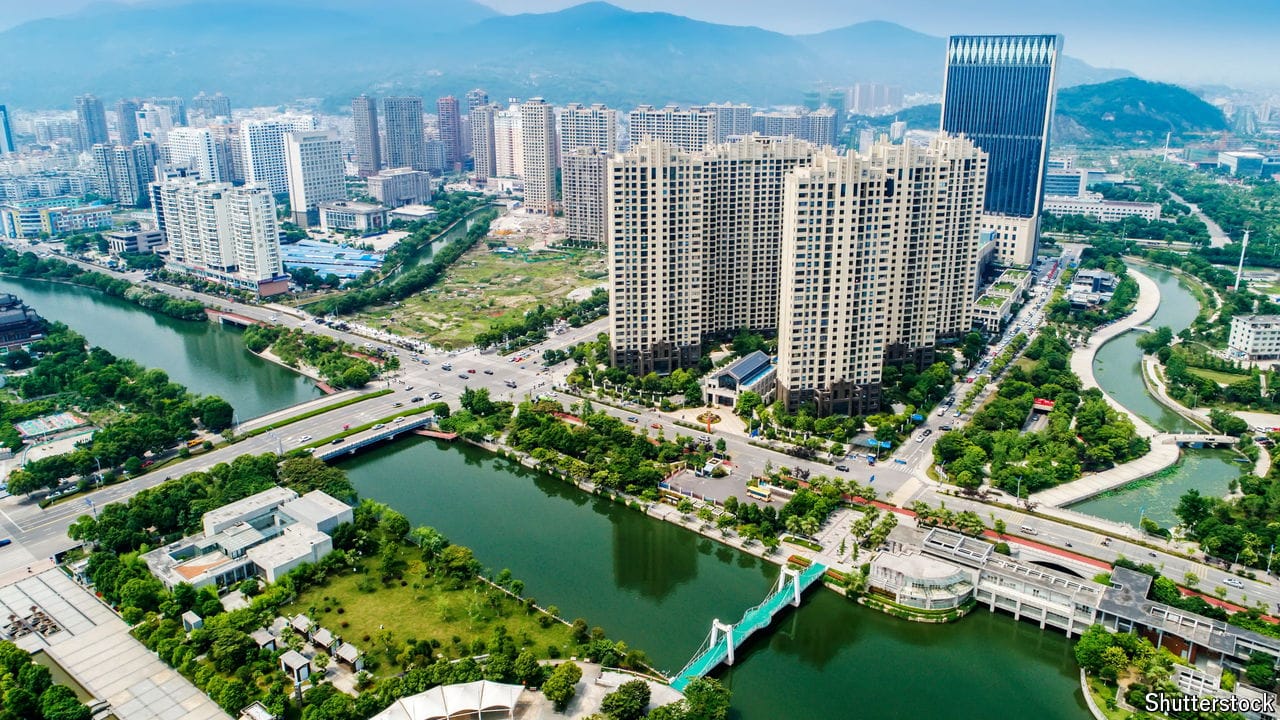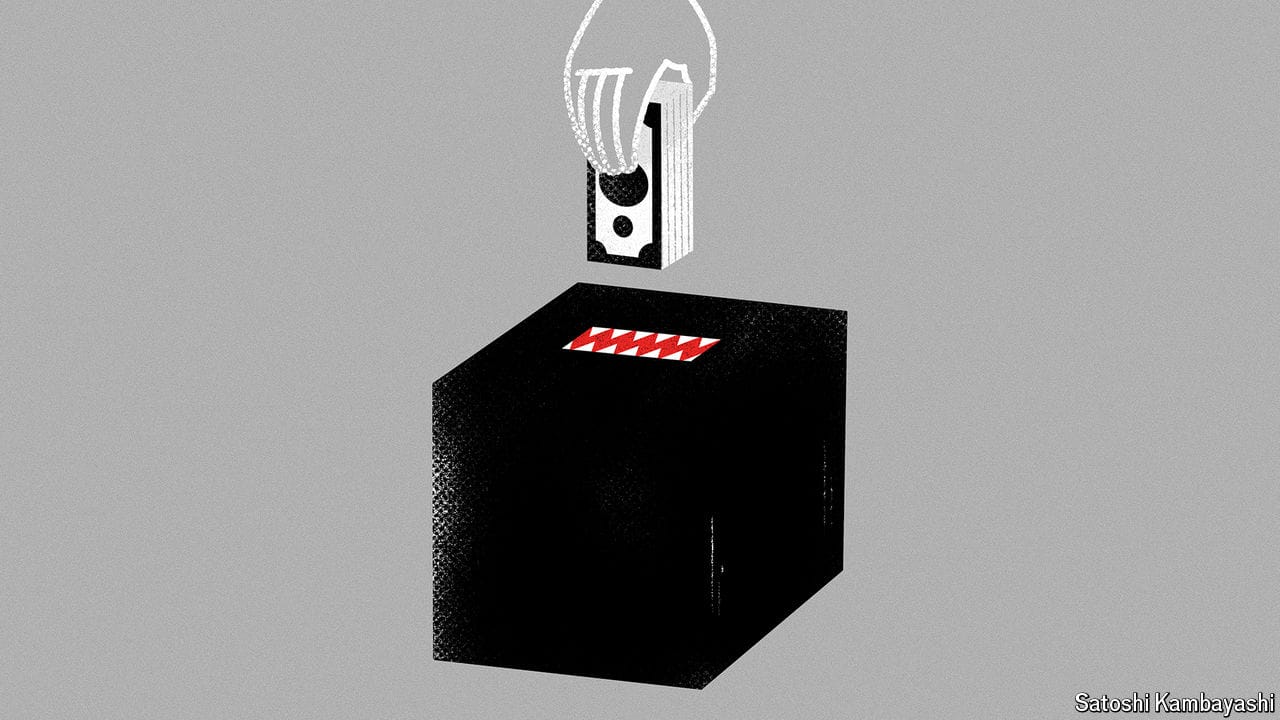How to unleash more investment in intangible assets
A new book urges financial and economic reforms

When russia invaded Ukraine, tangible things at first seemed all too important. Bombs and bullets were what mattered; commodity markets were roiled; supply chains were upturned. As the war has gone on, however, intangible factors have asserted their importance, too. The managerial and logistical know-how of the armed forces on either side, as well as technological advantages, like Ukraine’s deployment of Bayraktar drones, have altered the course of the war. So too has the goodwill that Ukraine has attracted from people around the world, which has in turn led foreign governments to lend the country more support.
The idea that intangible assets, though hard to see and measure, are critically important to foster, is the main message of a new book by Jonathan Haskel, a Bank of England policymaker, and Stian Westlake of Britain’s Royal Statistical Society. “Restarting the Future” is their second book. The first, “Capitalism Without Capital”, published in 2017, argued that the economics of intangible assets helped explain stagnating economic growth and rising inequality. The new book goes a step further, asking how the bottlenecks holding investment in intangibles back might be loosened—thereby fostering a more efficient and faster-growing economy. Their work is part of a wave of writing on the future pace of growth, which includes Dietrich Vollrath’s “Fully Grown” and Robert Gordon’s “The Rise and Fall of American Growth”.
This article appeared in the Finance & economics section of the print edition under the headline “Immaterial needs”
Finance & economics May 21st 2022
- Global growth is slowing, but not stopping—yet
- Even China’s official economic figures look bleak
- A baby-formula shortage feeds criticism of corporate heft and price gouging
- Why crypto’s bruising comedown matters
- Offset markets struggle in the face of surging commodity prices
- Is China “uninvestible”?
- India’s once-vaunted statistical infrastructure is crumbling
- How to unleash more investment in intangible assets
More from Finance and economics

China’s last boomtowns show rapid growth is still possible
All it takes is for the state to work with the market

What the war on tourism gets wrong
Visitors are a boon, if managed wisely

Why investors are unwise to bet on elections
Turning a profit from political news is a lot harder than it looks
Revisiting the work of Donald Harris, father of Kamala
The combative Marxist economist focused on questions related to growth
Donald Trump wants a weaker dollar. What are his options?
All come with their own drawbacks
Why is Xi Jinping building secret commodity stockpiles?
Vast new holdings of grain, natural gas and oil suggest trouble ahead
